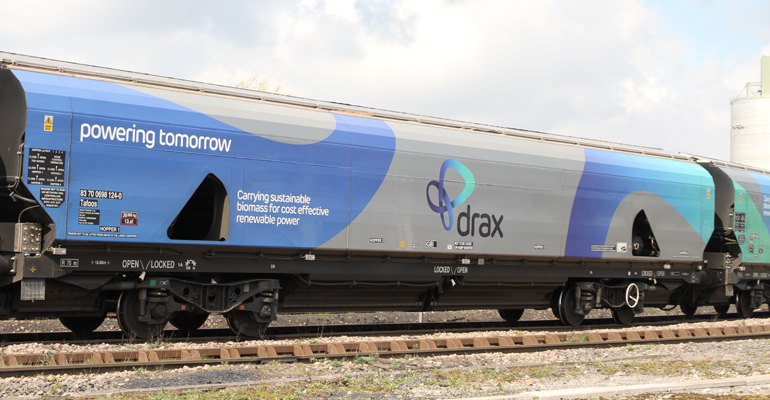A new Oxford Economics report looking at the economic impact of the UK operations of energy major Drax Group has found that the company has contributed almost GBP 1.7 billion (≈ EUR 1.9 billion) towards UK GDP in 2016. In addition, it supported thousands of jobs across the country, including GBP 577 million (≈ EUR 644.5 million) across the North of England – Yorkshire and Humber, North West, and North East, termed as the ‘Northern Powerhouse Region’.

The findings were revealed in “The Economic Impact of Drax Group in the UK (2016)“, a new report commissioned by Drax and carried out by independent consultants Oxford Economics. The report examined the economic impact of Drax’s UK operations, which includes Selby-based Drax Power Station. The Power Station, which employs around 900 people and has seen three of its six generating units converted in recent years to use compressed wood pellets, generated 16 percent of the country’s renewable electricity in 2016 – enough for four million households, the equivalent of Leeds, Manchester, Sheffield and Liverpool.
This new report demonstrates that as well as being of major significance nationally as the country’s biggest power generator, Drax Power Station continues to play a crucial role in supporting the northern economy. The North of England has a rich heritage in providing energy to the rest of the UK. Companies like Drax have an important role to play in delivering a low carbon economy as part of the Government’s wider industrial strategy for the country, said Andy Koss, CEO, Drax Power.
Researchers at Oxford Economics used three measures to calculate Drax’s GDP contribution: the economic activity associated with the day-to-day running of the business; the activity created by the purchase of goods and services from its suppliers; and the wages the company’s employees and suppliers’ employees spend in their local area.
According to Osman Ismail, Senior Economist at Oxford Economics, Drax Group makes an important economic contribution to Yorkshire and the Humber, and the UK more widely generating almost GBP 1.7 billion (≈ EUR 1.9 billion) in GDP last year while sustaining thousands of jobs across the nation.

In the past year, Drax Power Station’s activities have supported employment in a wide range of sectors including high-skilled manufacturing of industrial components, engineering and technical machinery, construction, IT, professional business services and transport.
Our specialist team of engineers have been working at Drax Power Station for a number of years, using their technical knowledge to support its transition to become the largest source of renewable power in the country, said Alan Waddington, Managing Director of TEi Ltd, a leading engineering company based in Wakefield.


